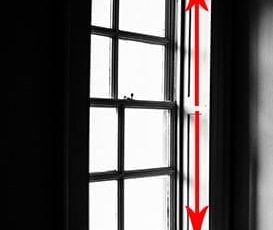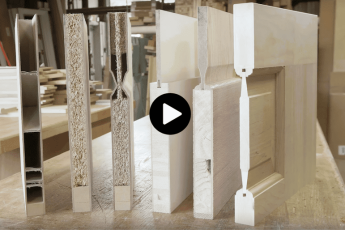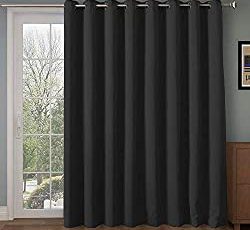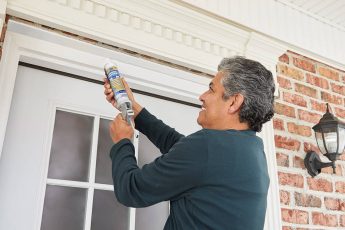You may wonder if laminated glass or magnetic acrylic is the right choice for your home. Ultimately, your decision will come down to cost, visual appeal, and soundproofing. Listed below are some of the benefits of laminated glass over magnetic acrylic. You can read more about the two options to make an informed decision.
Soundproofing
Having a quiet home is essential if you want to get adequate sleep. The noise from your neighbors can be irritating and keep you up at night. It can also interfere with your concentration. Whether you value the quietness of your own home or want to have the best possible soundproofing for your home, there are practical solutions to this problem.
Compared to glass, acrylic plexiglass is less expensive and easier to install. It’s also more robust and more durable. However, it’s not as effective as glass in blocking sound. It may be a better choice for beginners but may not meet the requirements of a sophisticated homeowner.
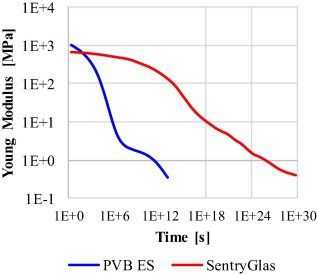
If you’re concerned about safety, the laminated glass may be a better option. This material is less likely to shatter in an impact, whereas acrylic panels may break on hard surfaces. Moreover, most manufacturers recommend that acoustic panels made of acrylic have a minimum thickness of 0.75 inches. This thickness will help reduce the noise level by up to 70 percent.
Double-paned glass has an STC rating of about 40. A higher STC will require a combination of different materials. Oftentimes, most advertised soundproof glass combines lites in a double-paned piece. These types of glass can still be noisy, but they don’t perform similarly to double-paned glass.
Magnetic acrylic can be an excellent choice for soundproofing windows. It’s cheaper and more robust than regular glass and provides better soundproofing than laminated glass. Adding a second pane, as well as dead space between them, will improve soundproofing properties.
Cost
There are many pros and cons of both laminated glass and magnetic acrylic. While both are durable and can withstand scratches, the higher initial cost of acrylic can deter choosing it over the glass. Additionally, the two materials have very different cleaning properties, and you will need to be able to keep both free from dust and grime.
The first thing to consider is how easy each option is to maintain. Laminated glass is easier to maintain and clean than magnetic acrylic. It can be cleaned with water, whiteboard cleaner, disinfectants, and Cavi Wipes. While plastic acrylic can be cleaned with household cleaners such as diluted isopropyl alcohol or pharmacy-grade hydrogen peroxide, it should be avoided with high-temperature cleaning fluids.

Glass products also tend to be more durable. They typically carry a 10-year warranty, and their surfaces will not yellow or scratch. Tempered safety glass is also heat-strengthened to prevent cracking and shattering. Acrylic surfaces can yellow or scratch, but they do not require the same level of care. Glass surfaces are also readily available, while acrylic surfaces may have longer lead times. In addition, bulk orders can be shipped on the skids, minimizing shipping costs and protecting the products during transportation.
The other main difference between laminated glass and magnetic acrylic is the price. Laminated glass is more expensive but can be installed in various places, including retail outlets and hospitals. In contrast, magnetic acrylic can be used in any environment that requires a solid magnetic barrier. This type of glass is also more substantial than laminated glass.
Glass boards are more expensive than magnetic acrylic, but they are highly durable and rarely need replacing. Lifetime warranties even back some glass boards. The second best option is porcelain whiteboards. These have a steel-backed magnetic surface and are an excellent alternative if you need a dry-erase board.
Applicability
The applicability of magnetic acrylics on glass depends on the magnet’s weight and application. The weight is influenced by some factors, including the size of the magnet, its shape, its temperature, and its frictional coefficient. The following table illustrates the weights and sizes of magnets for different glass substrates.
A magnetic coating may be applied to the entire surface of a glass member or a portion of the surface, or it may be applied adjacent to the edges. The coating may be inorganic or organic, or it may be a lacquered paint. The composition of the coating will vary depending on the type of magnetic particles, the type of solvent, and the desired magnetic property.
Acrylic is usually chosen in place of laminated glass due to its transparency and the fact that it withstands high pressure. It is also widely used in aquariums, marine museums, yacht windows, and many other applications. It is also inexpensive compared to glass, but it can be more challenging to clean if not correctly maintained.

The main difference between laminated glass and acrylic is how the coating is applied. While laminated glass can be laminated directly to glass, acrylic can also be coated onto another glass substrate. Applying these coatings is more time-consuming and requires more special facilities.
Compared to laminated glass, acrylic is more durable and lighter. While laminated glass requires additional framing for support, acrylic panels do not need this. This makes them a more expensive investment, but it is a better choice over time. Aside from that, laminated glass has much better noise-reducing properties than glass.
Visual appeal
The former has some distinct advantages when comparing the visual appeal of laminated glass and magnetic acrylic. Glass is generally preferred for its museum-like look. Still, acrylic is better suited for everyday consumer functions. However, both materials have disadvantages, and deciding which material is best for your needs is essential.

